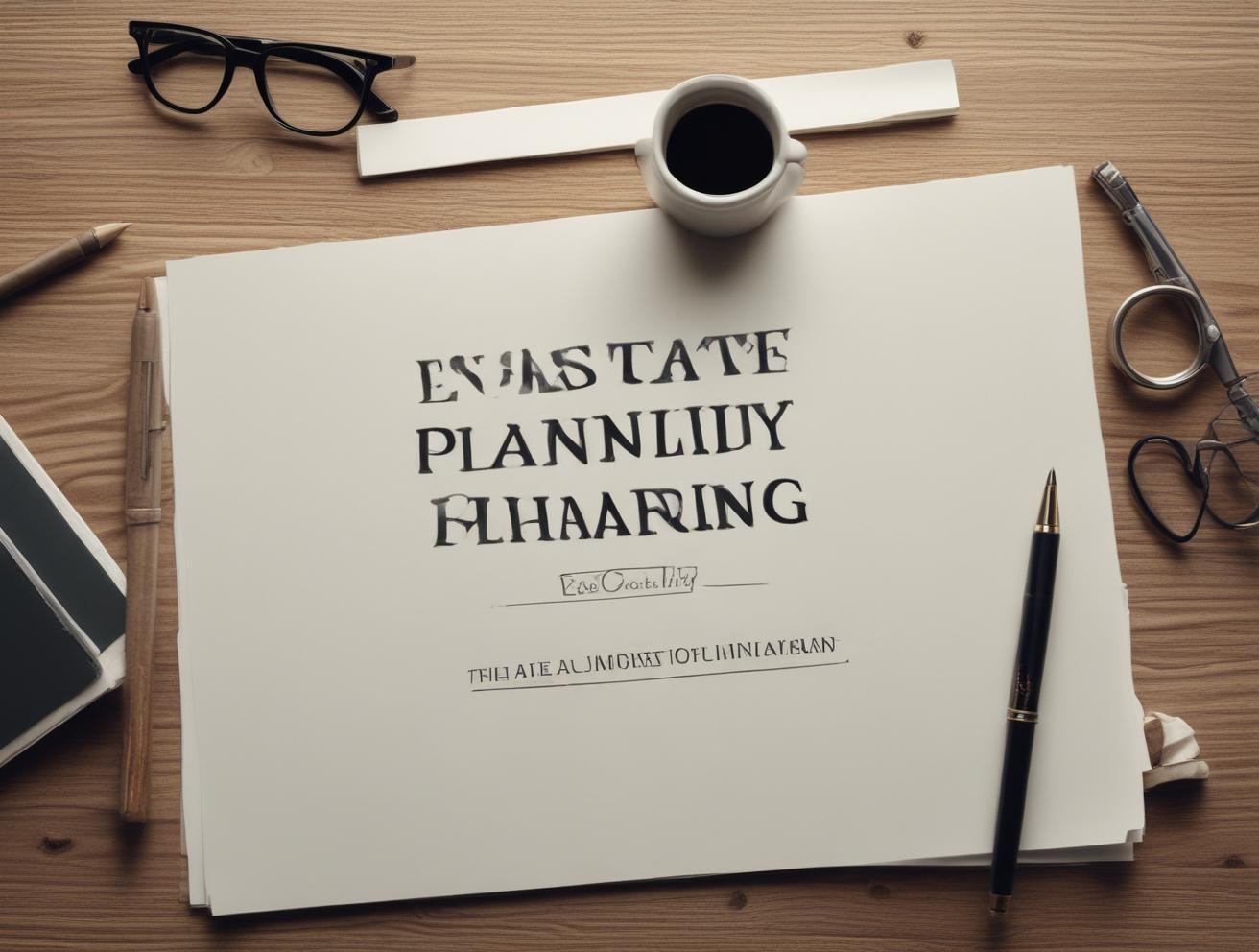
Volume 1, Issue 1
What Could Possibly Go Wrong?
When it comes to estate planning, many people think:
- "I don't have much, so I don't need a plan."
- "I already have a will—so I'm good."
- "I'll get around to it... someday."
But life happens. Circumstances change. Laws evolve. And the truth is—there's a lot that can go wrong if you don't have a current, comprehensive plan in place.
Where Do You Fit?
1. No Plan at All – More than half of Americans have no estate plan. For those under 65, the number drops to the low 40% range. That means the majority are leaving their families vulnerable.
2. An Old, Outdated Plan – If your will or trust is more than three years old, banks and financial institutions may not quickly honor your power of attorney or other legal documents. Life changes—so should your plan.
3. A "Recently Completed" Plan – Even if you've done something in the last couple of years, there may still be gaps. Do you have all the necessary lifetime care documents, such as financial, healthcare, and mental health powers of attorney?
Estate Planning Is About More Than Death
While wills and trusts handle how your assets transfer after death, the majority of legal documents actually protect you while you're alive. These include:
- Financial Power of Attorney – Ensures someone can handle your assets if you can't
- Healthcare Power of Attorney – Grants authority to make medical decisions for you
- Mental Health Power of Attorney – Provides critical authority in cases of memory issues, Alzheimer's, or mental health crises
- HIPAA Authorization & End-of-Life Directives – Control who can access medical records and outline your wishes for life support
Without these, your family faces additional stress, delays, and potential legal battles—right when you need their support the most.
The Problem with "Set It and Forget It"
Estate planning isn't a one-time task. Laws change. Finances grow. Families evolve. Banks often require documents to be no more than three years old. Outdated papers can result in:
- Delays of 7–14 days or more while institutions verify documents, but bills need to be paid
- Added Stress for loved ones already dealing with medical or legal emergencies
- Unintended Consequences – Your outdated plan may no longer reflect your financial situation, tax implications, or wishes for asset distribution
- Additional Fees – emergency to an attorney means charge more which almost always cost far more than having a solid plan that you designed
"I Don't Have Much" – Do I Still Need a Plan?
Absolutely. Estate planning isn't only for the wealthy—it's for anyone who:
- Wants to protect what they have from medical expenses, taxes, or government control
- Wants to avoid unnecessary court costs and family disputes
- Wants to ensure their loved ones have clear instructions and legal authority to act
Even a small estate is worth protecting. Stewardship means caring for what you've been entrusted with—large or small.
Take Action Now
- Review your plan if it's more than three years old
- Create a plan if you don't have one
- Update and expand your documents to cover lifetime care, not just asset distribution
Visit legacyandfaith.com for:
• Past podcasts of The Legacy & Faith Show
• Upcoming educational events
Call our Office at 425-939-9948 to:
• Inquire about how to enter our Legacy Maintenance Program
Disclaimer: This newsletter is for general educational purposes only and does not constitute legal advice. For personal guidance, please consult an estate planning attorney.